Understanding Personality Disorders
By Dr. Cari Oliver, PsyD
“Just because no one else can heal or do your inner work for you, doesn’t mean you can, should, or need to do it alone.”
– Lisa Olivera
Introduction
Personality disorders represent some of the most intricate challenges in the field of mental health. These disorders, characterized by enduring maladaptive patterns of behavior, cognition, and inner experience, are pervasive across various contexts of an individual’s life. Understanding personality disorders is not only about recognizing the symptoms but also about empathizing with the complex experiences of those who live with them.
Identifying Personality Disorders: Signs and Symptoms
Personality disorders are broadly categorized into three clusters. Cluster A includes odd or eccentric disorders like Paranoid, Schizoid, and Schizotypal Personality Disorders. Cluster B encompasses dramatic, emotional, or erratic disorders such as Antisocial, Borderline, Histrionic, and Narcissistic Personality Disorders. Cluster C comprises anxious and fearful disorders, including Avoidant, Dependent, and Obsessive-Compulsive Personality Disorders.
Symptoms vary widely but often involve difficulties with interpersonal relationships, distorted self-image, emotional irregularities, and impulsive behaviors. These patterns are long-standing, often traced back to adolescence or early adulthood, and can lead to significant distress or impairment in social, occupational, and other areas of functioning.
Treatment Approaches: Pathways to Better Management
Treating these difficulties is a nuanced process. Dialectical Behavior Therapy (DBT) is particularly effective for disorders like Borderline Personality Disorder, and focuses on mindfulness, emotional regulation, distress tolerance, and interpersonal effectiveness. Schema therapy helps in identifying and changing deeply rooted patterns and beliefs. Psychodynamic therapy explores underlying unconscious conflicts and past experiences.
Journey Towards Self-Discovery and Management
Therapy aims not just to alleviate symptoms but to empower individuals with personality difficulties to lead fulfilling lives. It’s about learning to understand oneself deeply, manage emotions effectively, and improve interpersonal relationships. Therapy provides tools for better self-management and coping strategies, leading to a significant improvement in the quality of life.
Conclusion
At Elysian Psychological Services, we recognize the unique challenges posed by personality disorders. Our approach is rooted in compassion and deep understanding, offering evidence-based treatment tailored to each individual’s needs. If you or a loved one is struggling with a personality disorder, we are here to support and guide you on your journey toward healing and self-discovery. Reach out to us, and together, we can explore the path to a more balanced and fulfilling life.
Disclaimer: the information contained in this blog is for informational purposes only and does constitute or replace personalized medical advice given by a trained mental health professional. Mental health conditions are specific to the individual and therapeutic approaches will vary based on the provider and patient. For more information and to receive a professionally customized treatment plan specific to your needs, please contact us at (571) 620-6181 or fill out an inquiry here.

